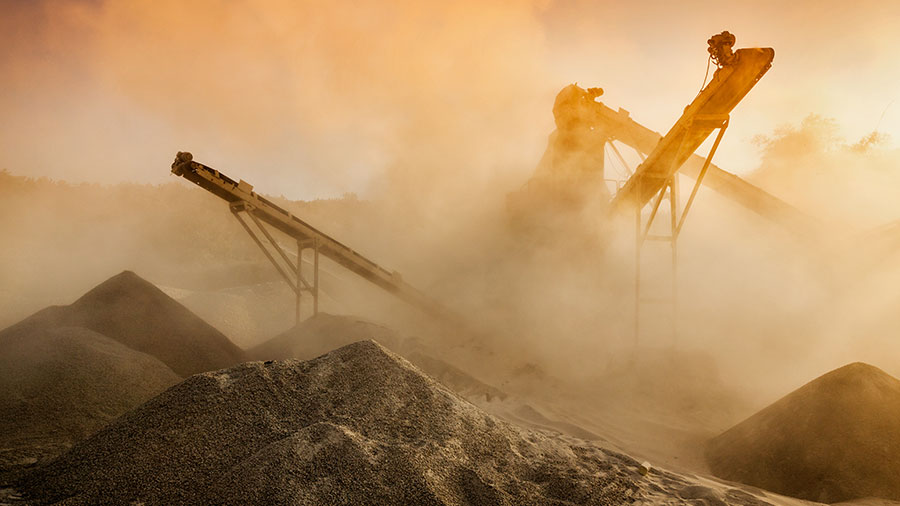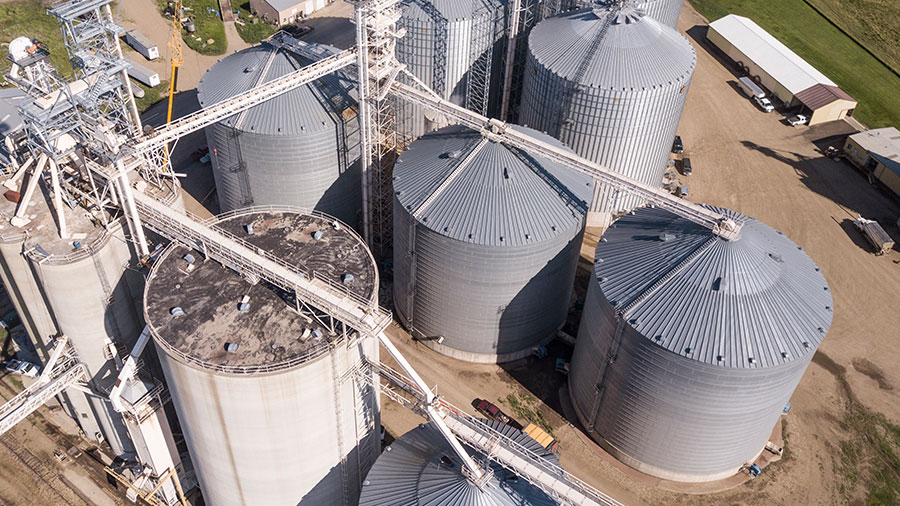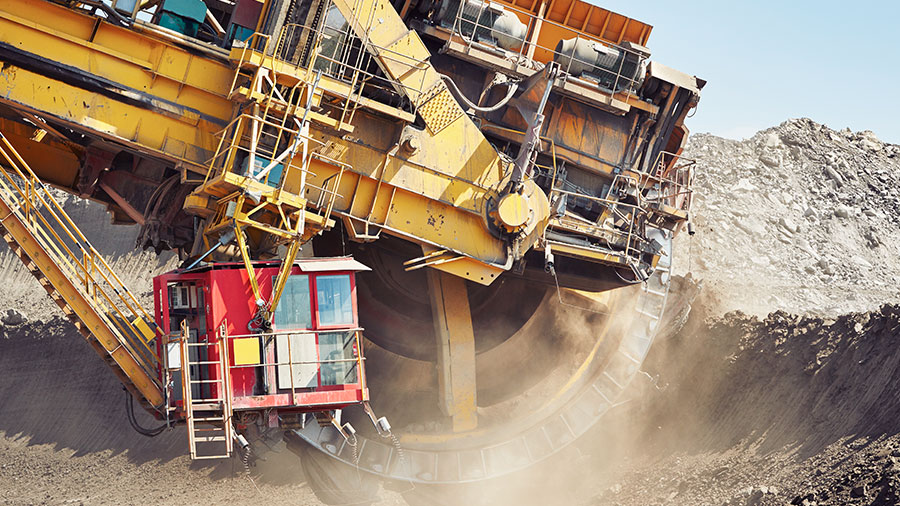PARTICULATE MATTER
SUSPENDED DUST AND PARTICLES
What is it?
“Dust” is the generic term used for solid particles with a diameter of less than 500 micrometres, and in more general terms for the fine matter that is found suspended in the air. Commonly, dust is generated by industries that work with large amounts of solid materials that are susceptible to shedding, thereby creating particles. These may be of varying sizes, and are generally divided into coarse and fine particles.


Problems caused by particulate matter
Particulate matter is harmful to human health, as it can cause respiratory problems. To prevent this from happening, particles are usually treated with filtration equipment. The type of filter used depends on the size of the particles. The most common types are baghouse filters, electrostatic precipitators and cyclonic separators.
Which industrial sectors are affected?
The industrial sectors that generate dust and particles tend to be those that work with large amounts of solid materials, such as the mining, construction and food industries. The problem is particularly prevalent in silos for the storage of solid products, and in the incineration of waste.

Specialists in the sectors that are most sensitive to environmental impacts
We drive sustainable productivity and innovation for industries with more extensive and more complex needs.







